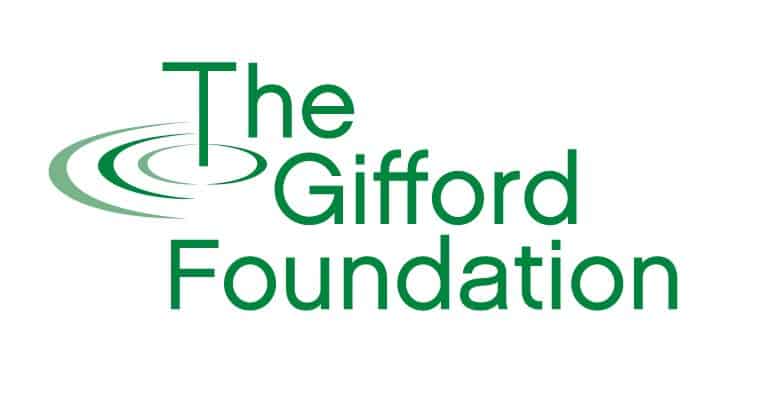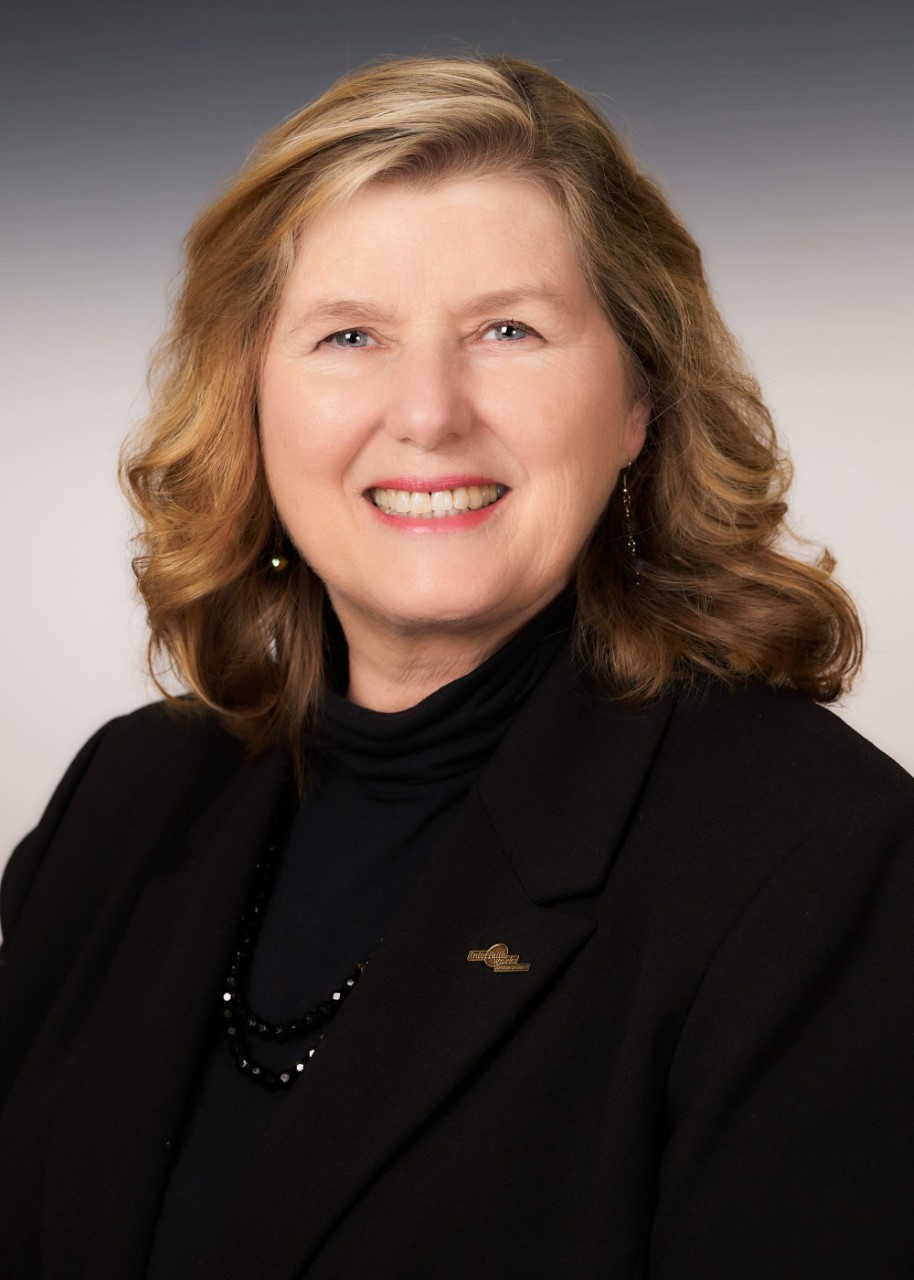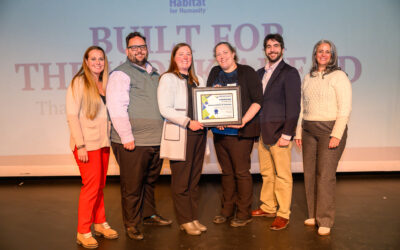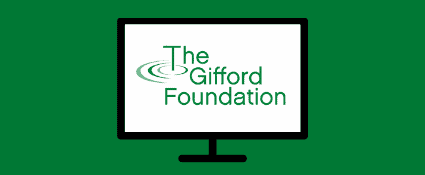A conversation with Beth Broadway, President and CEO of InterFaith Works of CNY, on navigating unexpected funding cuts and how capacity-building programs like Gifford’s Embracing Disruption helped InterFaith become more resilient.
Published June, 2025
When unexpected funding cuts hit, nonprofit leaders often face the daunting challenge of protecting essential programs while also keeping staff, volunteers, and donors engaged. For Beth Broadway, President and CEO of InterFaith Works of CNY, disruption has been a defining feature of her leadership. Over the past 16 years, she has guided the organization through challenges large and small, always keeping people at the center of the work.
Beth sat down with us to reflect on what she’s learned about leading with clarity during times of uncertainty—and how capacity-building programs like The Gifford Foundation’s Embracing Disruption have strengthened InterFaith Works for the long term. Her perspective offers valuable lessons for any nonprofit leader working to balance sustainability with service.
Question: How has InterFaith Works prepared for unexpected shifts in government funding?
Beth Broadway: Depending on the administration, refugee resettlement and other human services can look very different. During the first Trump administration, for example, federal refugee resettlement was drastically reduced. Under Biden, it ramped back up. Knowing the 2024 election could again change everything, we began scenario building.
With the help of consultant Judy Wolf, whom we met through Embracing Disruption, we mapped out which services would continue regardless of funding cuts. For example, our Citizenship Program—helping refugees navigate the naturalization process—remains critical. We also looked at how to continue supporting older adults and refugees seeking jobs. That meant shifting resources from case management to employment, for example.
Near the end of the Biden administration, we also saw a push to reunify refugee families before resettlement could be halted again. At one point, we were resettling more than twenty families a week. We hired temporary staff, secured additional housing, and worked around the clock. When the next administration did pause and ultimately shut down refugee resettlement, we were grateful we had acted quickly—because many more families were safely resettled who otherwise would not have been.
Question: In moments of disruption, how do you communicate with staff and donors?
Beth Broadway: Transparency is absolutely key. Not to create fear, but to create knowledge.
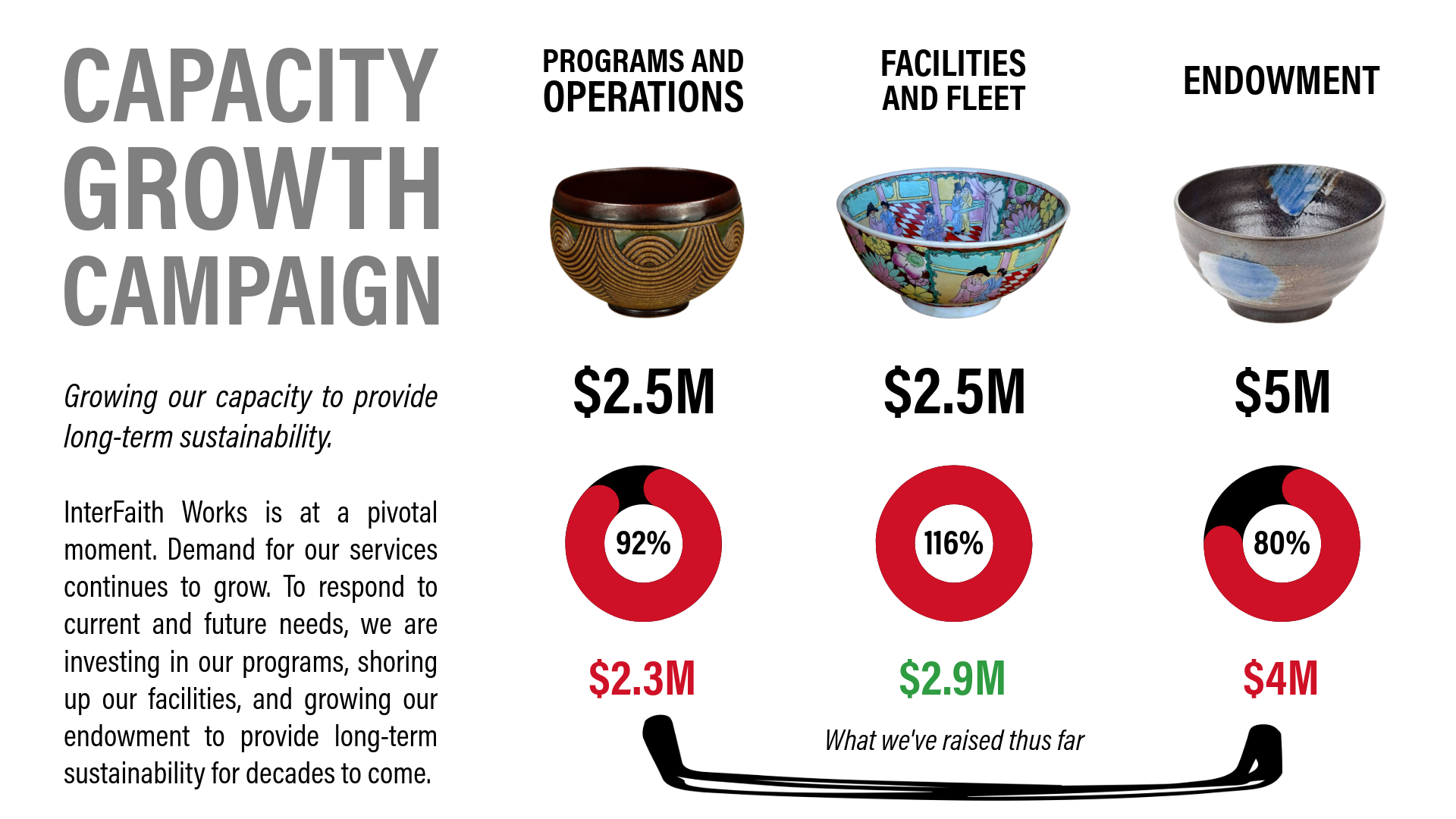
Internally, that means talking first with senior management, then with managers and staff, about the “why,” “who,” and “when” behind any decisions, including layoffs. People need clarity and the chance to weigh in.
Externally, we had to be equally clear with donors about what was at stake. During Embracing Disruption, the idea for a Capacity Growth Campaign was born. That campaign has since grown into a $10 million effort focused on three “bowls”: Facilities & Fleet, Programs & Operations, and Endowment. We found, for example, that if our endowment reached $5 million, the dividends could sustain our Citizenship Program indefinitely.
We’ve raised over $9 million so far, from small gifts to major donations. We even used the concept of the three bowls we are trying to fill to help donors understand the tangible impacts of their giving and how essential it is. That kind of clear communication builds trust.
Question: How do you keep morale up and keep people activated around your mission during difficult times?
Beth Broadway: You have to constantly reaffirm your mission and hold strong to what your agency’s purpose is. No matter how many people are affected by bad policy, we remind ourselves: we are here to do what we’re here to do, at whatever scale we can manage, and we won’t stop.
At times, that meant things like singing freedom songs together, posting signs that said “You are welcome here,” and finding ways to show our community that InterFaith Works remained a place of belonging.
I grew up during the civil rights movement and the nuclear freeze campaign—moments that demanded we stand strong. Today, we stand just as firmly on issues like ending marginalization, affirming dignity, fighting hunger, and supporting healthy aging. Those values don’t change, even when funding does.
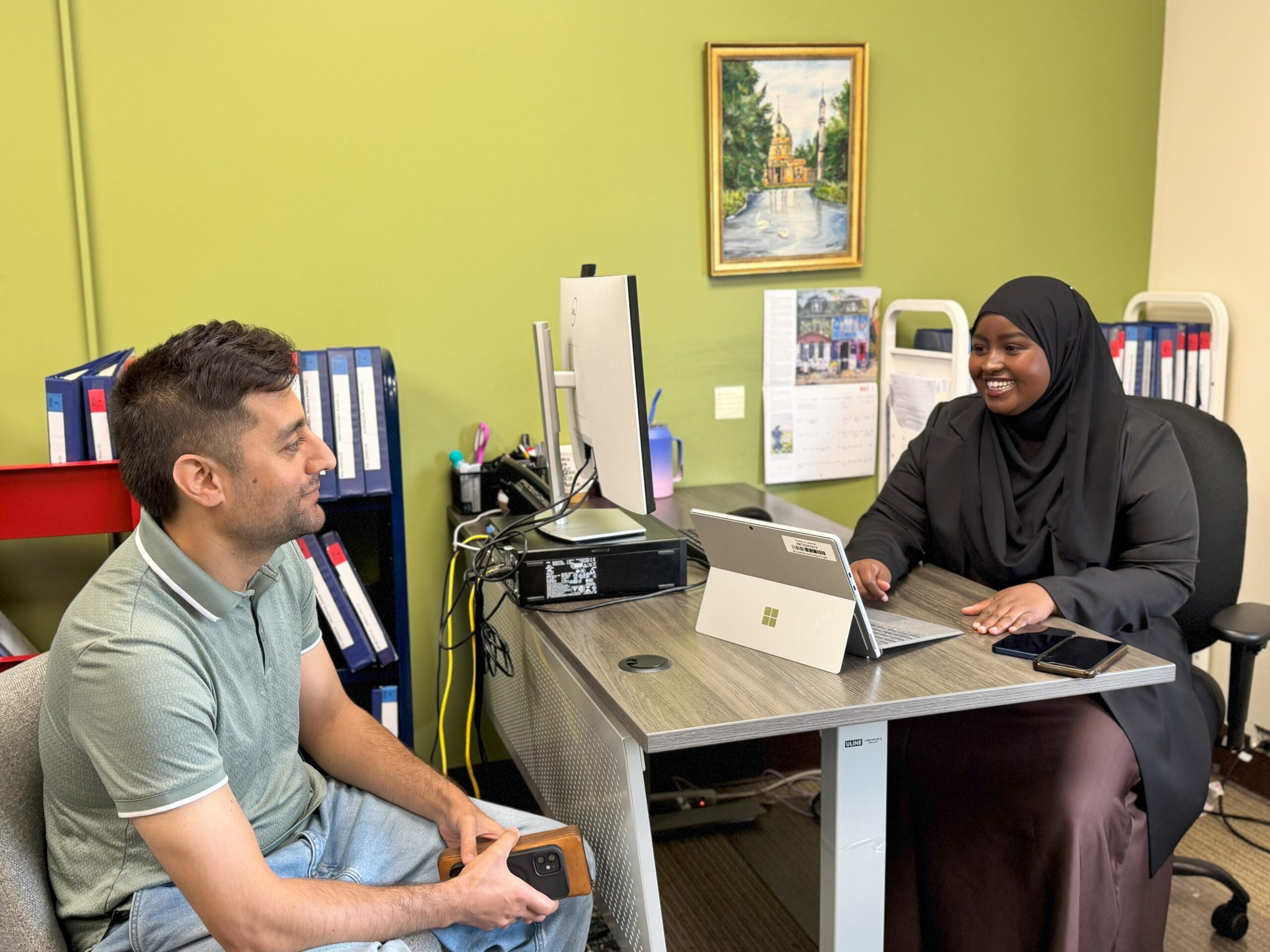
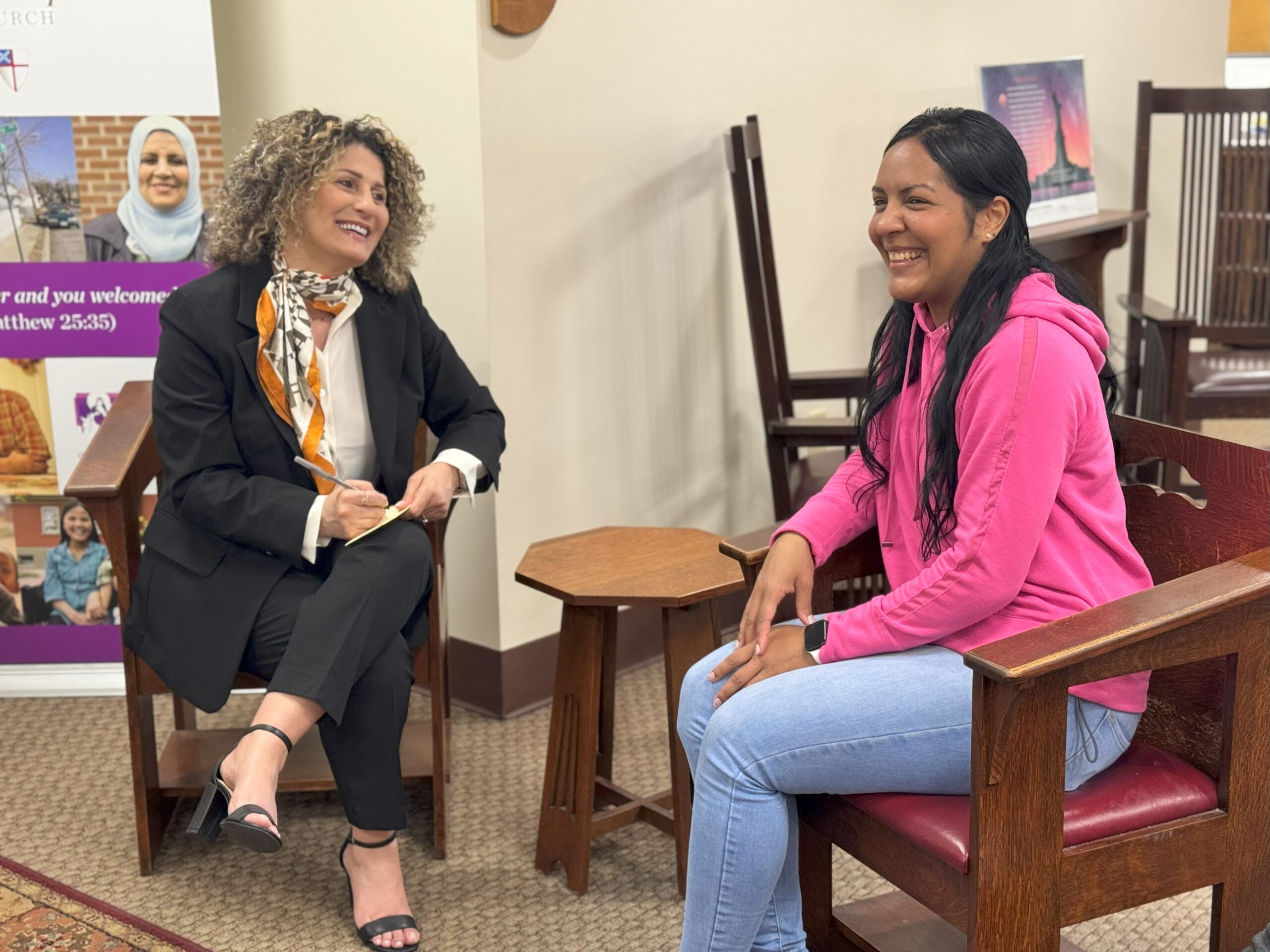
Question: What role does funding diversity play in resilience?
Beth Broadway: It’s essential. Government dollars are critical—those are our tax dollars coming back into the community—but government changes every four years. That’s why you also need strong relationships with state and local governments, local and national foundations, and a committed base of individual donors.
And never underestimate small donors. Every gift counts. In fact, one of our largest unexpected gifts came from a supporter who had never given more than $50 a year before. Never take anyone for granted.
Question: How can capacity-building programs like Embracing Disruption be valuable?
Beth Broadway: They push you to think bigger and more strategically. You’re connected with a skilled consultant who helps you explore questions like: Who do I need alongside me on this journey? What other organizations should I collaborate with? What systems can we put into place to make us stronger in the long term?
Capacity building isn’t just about strengthening your own organization—it’s about building the collective capacity of the entire nonprofit ecosystem.
Question: As you prepare to leave your post as InterFaith’s fearless leader and enter into your much-deserved retirement, what advice would you give to someone just starting out in nonprofit work?
Beth Broadway: I’ve been in human services for 50 years, and it’s the most rewarding work a human could do. To walk alongside someone as they rebuild their life in a new country, or to ensure an older adult has companionship, services, and dignity—that is profound work.
My advice is simple: Match your service to the work that’s in your heart. Then let your heart grow as big as the world!
Beth’s reflections remind us that while disruption can be daunting, it can also be a catalyst for innovation and renewed purpose. InterFaith Works’ participation in The Gifford Foundation’s Embracing Disruption program provided tools that continue to shape how the organization adapts today.
At Gifford, programs like Embracing Disruption are designed to help organizations across Syracuse turn uncertainty into opportunity—just as leaders like Beth Broadway have done with resilience and vision. Learn more at giffordfoundation.org/support/embracing-disruption.
Power Program Progress
Published Jannuary, 2026 Grassroots organizations are often born from one bold individual’s passion to address a community need, but transforming that passion into a sustainable, credible nonprofit requires strong governance, clear systems, and intentional planning....
From Tracking to Telling: A Bridge Between Data and Story
Is your nonprofit struggling with how to collect accurate data on the impact that your programs are making? Do you have the data but struggle to tell the story of that impact in a way that moves people to take action?Many organizations doing transformative community...
Guiding Growth: How Embracing Disruption Helped Four Nonprofits Find Their Way Forward
Guiding Growth: How Embracing Disruption Helped Four Nonprofits Find Their Way ForwardTemar Underwood (Artistic Director) and Marguerite Mitchell (Director of Education), Redhouse Arts CenterNonprofit organizations are no strangers to disruption. Shifting community...
Subscribe to the Gifford Newsletter
Start enjoying our free quarterly publication today.
